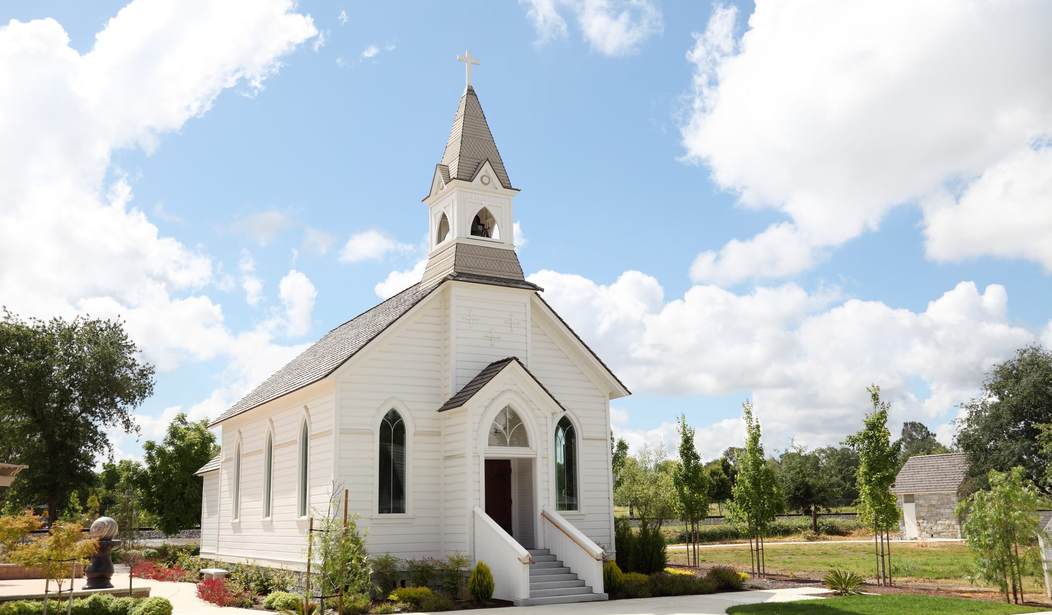We live in an age where privacy is quickly becoming a relic from the past, much like dial-up modems and AMC Gremlins. No longer can we have a “reasonable expectation of privacy” in our communications, whether online or on our smartphones. Oh, legally we still have some privacy rights, but rogue individuals and organizations are increasingly releasing sensitive information in pursuit of some perceived higher calling. It used to be that conversations with medical professionals, counselors, lawyers, and clergy were inviolate — what you said in the privacy of their offices stayed between those four walls. No more. Now we almost have to assume that anything we say, write, email, or text could eventually end up plastered all over the media.
Case in point, a new whistle-blower organization called “FaithLeaks,” which allows individuals to anonymously leak sensitive information to everyone with an Internet connection. The Truth and Transparency Foundation (TTF), the nonprofit that created FaithLeaks, says it will give leakers the ability to “anonymously submit sensitive documents for use by professional and citizen journalists for starting and expanding news reporting, public commentary, and criticism related to religion and faith.”
Earlier this month FaithLeaks release a trove of documents related to the Jehovah’s Witnesses. “FaithLeaks releases 33 letters and internal documents detailing an internal investigation of alleged sexual abuse within a congregation of Jehovah’s Witnesses,” a press release declared. “The documents, spanning from 1999 to 2012, detail accusations from three accusers and present communications between local leaders of Jehovah’s Witnesses and various legal entities that represent the Church that are commonly referred to collectively as ‘Watch Tower.'”
Founders Ryan McKnight and Ethan Dodge, who also founded the controversial MormonLeaks site, said their goal is to shed light on church finances, policies and procedures, and sex abuse settlements.
“Our goal is to reduce the amount of deception and untruths and unethical behaviors that exist in some facets of religion,” said McKnight told Religion News Service. “If someone is in possession of documents they feel deserve to be made public, we’re simply here to help facilitate that.”
FaithLeaks uses an encrypted open-source system that utilizes the Tor network to ensure the anonymity of submissions.
While at first glance it may seem like McKnight and co. are on the front lines of some grand noble experiment, in reality, what they’re doing is quite dangerous. FaithLeaks has the potential to become a target-rich environment for everyone from disgruntled former members to religion-hating outside entities. And don’t think for a minute that the damage will be limited to “abusive” churches that “probably deserved it.” All churches are now vulnerable to having their most sensitive documents and communications leaked to the public.
Make no mistake, Christians. There are people who hate your church, hate your Bible, hate your doctrines, and most important, hate your Jesus. Some of them, perhaps to silence their own tormented consciences, want to hurt you — to destroy your church. A “service” that allows people to violate the privacy of church members and leaders could not only damage relationships and families, but it could potentially open the floodgates for lawsuits against churches.
Churches are voluntary associations, where members, of their own free will, agree to cooperate together to advance the mission of the organization. Often, members sign statements of faith, outlining not only the doctrines of the church, but the expected behavior of members and those in leadership. Like all families, churches families can be complicated. And also like all families, church relationships are based on trust. A lot of what happens within the four walls of a church doesn’t make sense to an unbelieving world that’s increasingly hostile to faith. Sensitive documents leaked by Internet vigilantes have the potential to cause great harm and pain to individuals and churches that are striving to do the right thing. Counseling notes, church discipline proceedings, information about donations, church financial records — they’re all fair game now with the advent of FaithLeaks.
The American church is under attack on multiple fronts, and it will continue to get worse as our culture becomes increasingly secular. It’s not a question of whether the faithful churches will face persecution in the coming years, but, rather, how much and how soon. Christians must recognize that the tide has turned against religious freedom. It’s imperative to plan now for the time when the inevitable persecution comes.
Follow me on Twitter: @pbolyard










Join the conversation as a VIP Member